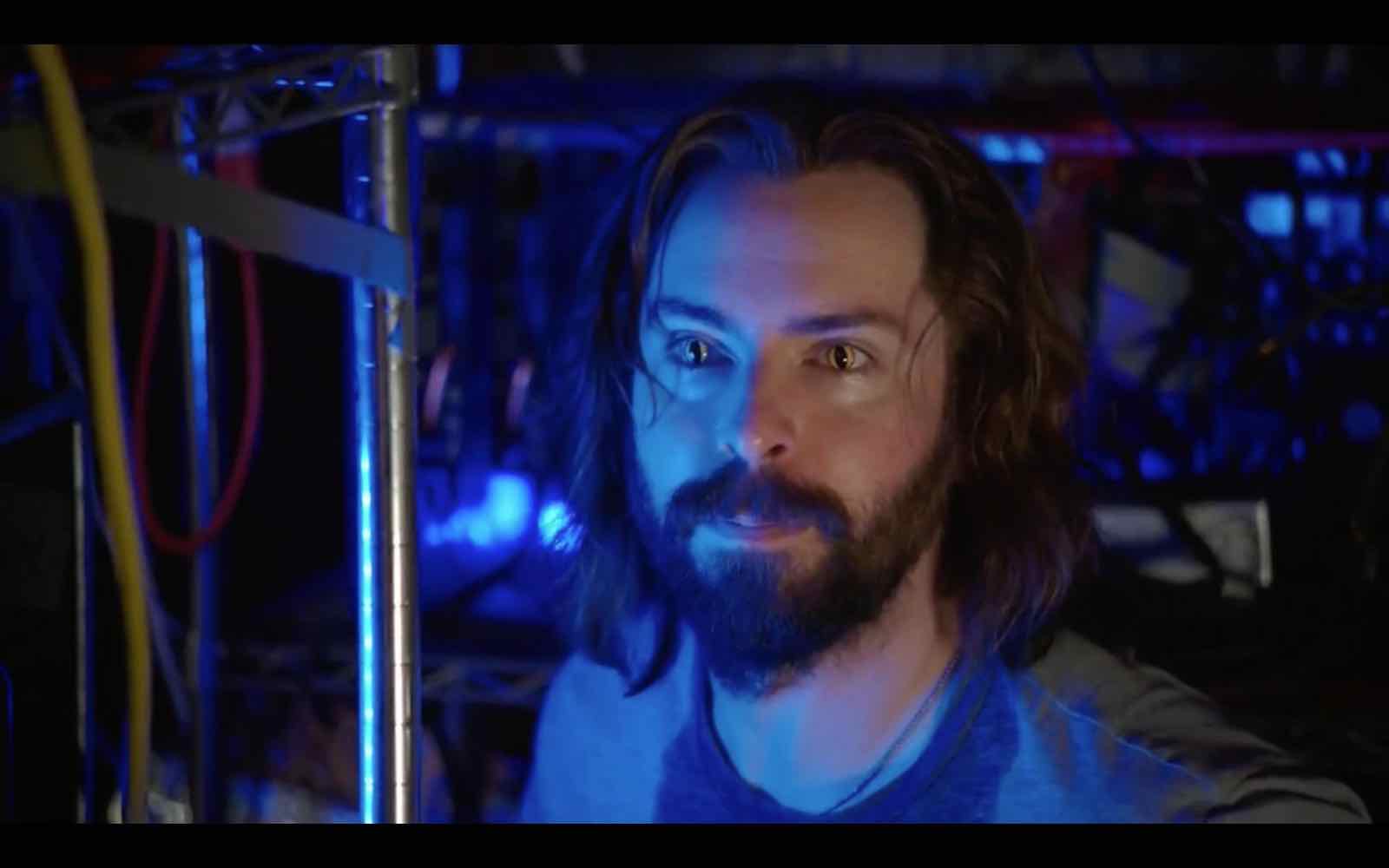5 Reasons we’re sad ‘Silicon Valley’ ended
As expected, HBO announced that Silicon Valley would be ending just priort to the sixth and last season premiere. Creator Mike Judge had stipulated that six seasons would be the right amount to complete the story arc for Pied Piper, the fictional technology startup around which the series revolves.
Despite Judge’s comments, we gotta admit we had been hoping he’d come to his senses and acknowledge the stores of comedy gold squirreled away in Silicon Valley’s narrative vault. Here are five reasons we’re sad Silicon Valley is ending after six short, laugh-packed seasons.

Characters & acting
Silicon Valley’s sharply defined, hilarious depictions of tech startup figures might come off as hyperbolic to those unacquainted with the tech milieu, but to insiders, they’re actually dead on. And every actor slotted to play them is ideally suited.
Introvert Richard Hendricks (a role Judge created specifically for Thomas Middleditch) has the perfect, ultra-awkward blend of extreme intelligence and social cluelessness you’d rather have in a CTO than a CEO (but are stuck with anyways); Bertram Gilfoyle (Martin Starr) is the ultimate haughty satanist hacker.

Jared Dunn (Zach Woods) has blossomed from a highly scrupulous and fastidious, if tightly wound, project manager/COO into a strangely experimental sage who fucks. VC exec Laurie Bream (Suzanne Rossell Cryer) is Aspergers af; independent investor Russ Hanneman (Chris Diamantopoulos) is the bro-iest type of douche anyone with an orange Lambo must be.
Gavin Belson’s (Matt Ross) fake spiritual shtick, Ron LaFlamme’s (veteran Ben Feldman) disturbingly sanguine chaotic neutral lawyering . . . we could go on, but you get the drift. The ensemble is pure, unadulterated weirdo tech genius.

Timeliness of storylines
From initial crypto offerings to stealing users’ data to hacking convention attendees, Silicon Valley absolutely nails the kooky yet deeply scary cyberpunk world we all live in. On a more local level, the show lives up to its namesake, revealing the insanity around VCs leveraging easy money looking for the next 1000x opportunity – and willing to throw away 900x to find it.

The technology sector has been on the ascendant since the industrial revolution, finally arriving at the top spot in the economy after developing a functional nervous system, the internet (h/t Luca Turin). The big bucks sloshing around the Valley mean guys like Keenan Feldspar (Haley Joel Osment) can go from gamer to gazillionaire in one meeting-filled weekend.
Fast money means you can go back from One to Zero too, as the vacillating fortunes of Pied Piper will attest. Silicon Valley portrays the absurd side of this state of affairs with aplomb.

Mike Judge’s conceptual humor
Speaking of absurdity, Mike Judge has explored the comedic side of technology often in his oevre, rightly achieving cult status for it. From Peter prepping Initech for the millennium bug in Office Space to the simplified Duplo buttons for the morons of 2505 A.D. in Idiocracy, Judge has an extraordinary knack for turning over the rocks to find all those juicy worms of humor.
Data engineering introvert Richard gets bullied by pseudo-alpha brogrammers at stupidly named tech silo giant Hooli; app developer Dinesh (Kumail Nanjiani) gets his ass handed to him time and again by veteran anarchist hardcore hardware hacker Gilfoyle. The whole male crew shows its social immaturity when super-cool genius gal dev Carla Walton (Alice Wetterlund) joins the team.
It’s precisely this mixture of nerd culture and social commentary that creates Judge’s explosively hilarious concoction. Long may he write.
![]()
The Pied Piper saga
The throughline of Silicon Valley is, of course, its alternatingly ascendent & descendent star: the also stupidly named Pied Piper, the company based around Richard’s magical middle-out algorithm. We’ve followed the startup through multiple funding rounds, intellectual property battles, legal troubles, and several desperate pivots from B2B to B2C and back.
These guys and gals have fought so hard to bring this baby into the world. After so many false starts and bait-and-switches, we’re dying to see the birth pangs end and a healthy young company emerge – or at least get closure as Gilfoyle punctures some terribly incriminating hard drive with a power drill and the whole Pied Piper abortion goes out in a binary fusillade.

Runway for future storylines
Come on, Mike. Maybe you’re just burnt out from some drama with the cast (ahem, T.J. Miller) or have some other cool ideas you’re just burning to get on screen. But six seasons of ten or less half-hour eps each? That’s really only scratching the surface of the possibilities here.
Take the positive case. Pied Piper’s algo takes over the streaming world and licensing fees start rolling in, a million a day. How does Richard handle the success? Does he let it go to his head, surrounding himself with bimbos and lambos and coke nose – finally needing to be talked back down to reality by Big Head, of all people?

Or does he double down on his nerd roots, becoming a recluse in Erlich’s old house playing 90s first-person shooters all day while the suits run the show down at the industrial-chic office – only to be brought out into the light of day by – you guessed it – Big Head?
Or the negative: Pied Piper implodes, and Richard loses all belief in the Valley’s rapacious politics. Gilfoyle sets up a darknet market and the boys rake in the bitcoin on the back of untraceable drugs and gun sales online, to the beat of Jared’s scrum drum. They become outlaws, pretending to work on stupid mobile apps in the Valley while becoming the biggest secret kingpins on the net.

See what we mean? Maybe Mike just hasn’t thought this through. Either that, or working on a project like this actually takes many years and he’s pretty sick of the whole shebang by now.
Screw that! Give us another five seasons, maestro – and we promise we’ll cut you in on the preferred stock options when Film Daily IPOs.







